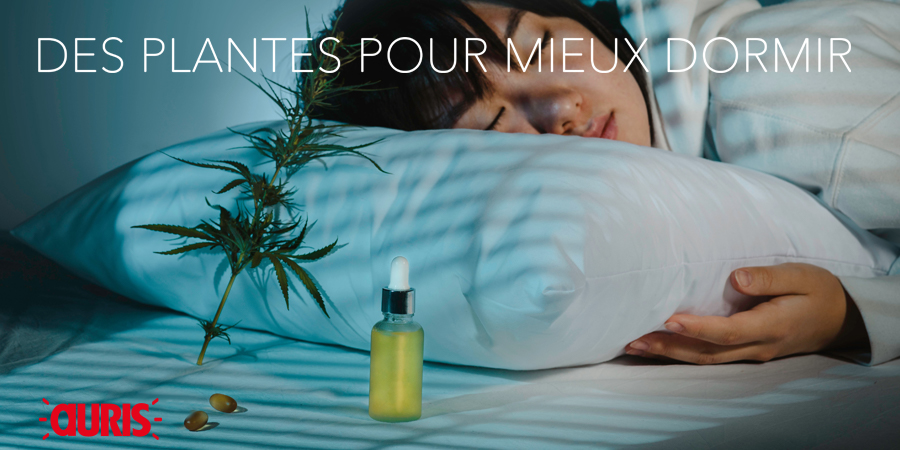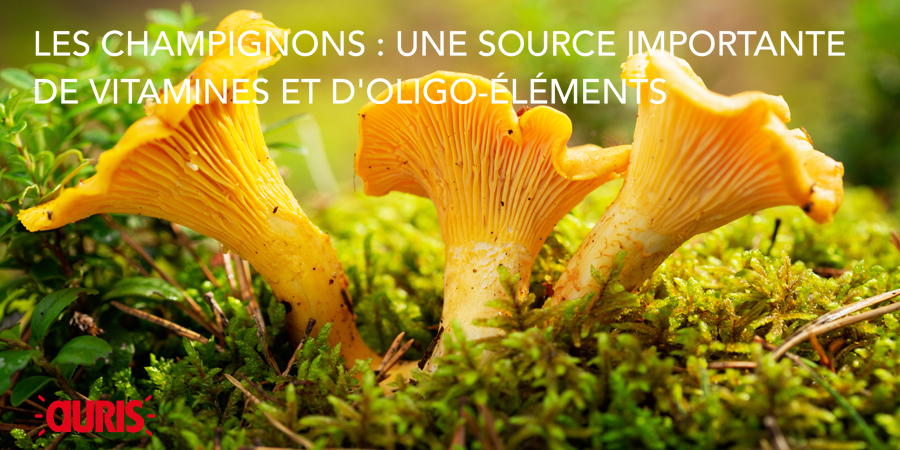Why not try acupuncture for back pain?
Back pain is a very common condition. It is said to be chronic when it lasts for more than three months. It can be extremely debilitating for those affected, especially when no treatment seems to work. Acupuncture could be an effective alternative therapy.
Acupuncture is derived from traditional Chinese medicine. The best-known method involves the implantation of needles to stimulate acupuncture points in various parts of the body. It is often used to relieve chronic pain, particularly in the back or head. It is also known to treat anxiety, insomnia, nausea during pregnancy and addictions (tobacco, alcohol, psychoactive drugs). Only certain trained healthcare professionals can practise acupuncture: doctors, dentists and midwives.
A review of the medical literature was summarised in an article recently published in "La Lettre du Rhumatologue". The authors' aim was to assess the benefits of acupuncture versus standard treatment, sham acupuncture or no treatment on pain and quality of life in people suffering from chronic low back pain.
The data show that acupuncture can reduce pain and improve specific back function immediately. Others show that acupunctureis more effective in improving quality of life than usual care.
So to combat lower back pain, why not combine your Auris magneto-active belt with an acupuncture session with a real professional.

Is osteoarthritis hereditary?
Yes, osteoarthritisis partly hereditary. Since the first studies carried out on twins, it has been possible to demonstrate that certain forms of osteoarthritis have a genetic component. Its heritability, i.e. the proportion of genetic factors involved in the appearance of the disease within a given population, has been calculated. The aim here is to separate environmental factors from genetic factors. The hereditary nature of osteoarthritis depends above all on the joints affected: 40% for the knee, 60% for the hip and 65% for the hand. The highest rate is for osteoarthritis of the spine, with 70% heritability.
Among the foods of interest for combating osteoarthritis, favour those with anti-inflammatory properties, such as olive or rapeseed oil and, in general, fruit, vegetables and pulses. Those to limit are saturated animal fats (cow's milk products, butter and fatty meat, which should be replaced by fatty fish), sweet products and excess salt.
To help relieve pain once osteoarthritis has set in, consider magneto-active joint textiles.

Which plants help you sleep better?
Nearly a quarter of French people consider themselves to be sleep-deprived. A hectic lifestyle and the use of screens are the main causes. There are natural solutions to avoid hypnotic drugs: certain plants have real sedative and calming potential. They can be taken separately or in combination, for a better effect. The right plant for every problem:
- For anxiety sufferers, valerian: it reduces the time it takes to fall asleep, increases periods of deep sleep and reduces night-time awakenings. Take about an hour before bedtime.
- To combat stress and hyperactivity, passionflower: this anxiolytic, tranquillising and sedative plant is well-suited to people who are very anxious or easily irritated. Passionflower is also recommended for those whose rheumatic pains can wake them up. Take one hour before bedtime.
- Eschecholtzia: nicknamed the "California poppy", is a powerful anti-anxiety plant. It helps you fall asleep, reduces the number of night-time awakenings and prolongs sleep time. Not recommended for pregnant or breast-feeding women or children under 15. To be taken at bedtime.
- For digestive spasms, lemon balm: its action on digestion relieves nocturnal stomach spasms and cramps. To be taken as an herbal tea, 2 or 3 times a day and around 7pm, one very concentrated cup.
- To combat stress, Rhodiola: an adaptogenic plant, to be taken in the early hours of the day. Not recommended for pregnant or breast-feeding women or children under 15.
- To combat night sweats, hop: a mild sedative, hop also has an interesting oestrogenic action to combat night-time hot flushes during the menopause.
These plants can be combined with magnetic therapy, in particular with the Actipol sleep set, which puts the sleeper in favourable conditions for a deep sleep.

Mushrooms: an important source of vitamins and trace elements
Mushroom picking is now open! Here are the edible species of the moment: boletus, hairy caper, coulemella, girolle, delicious milkcap, morel, blue foot, sheep's foot, rosé-des-près, death's trumpet and truffle.Whether grown wild or in mushroom beds, they all provide valuable nutrients.
According to a study published in 2021 in the journal Food Science and Nutrition, adding just one mushroom (84 grams) to our diet increases our intake of dietary fibre, copper, phosphorus, potassium, selenium, zinc, riboflavin (vitamin B2) and niacin (vitamin B3) by between 6% and 32%. And this without any impact on calories, carbohydrates, fat or sodium.
Eating one mushroom a day boosts the immune system and reduces inflammation.

